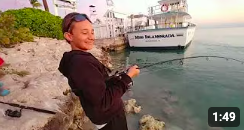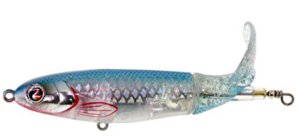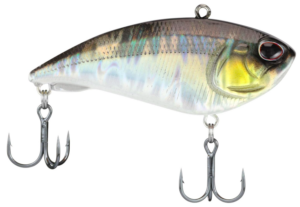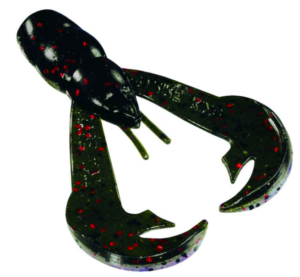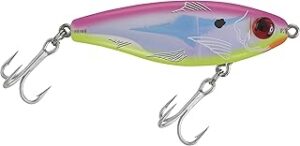Mackerel is a common name applied to a number of different species of pelagic fish, mostly from the family Scombridae. They are found in both temperate and tropical seas, mostly living along the coast or in offshore waters.
Mackerel Fishing in the Amelia Island Area
Mackerel are common in the waters around Amelia Island. Spanish mackerel migrate through this area in the spring and fall. King mackerel, also called kingfish, show up in good numbers in the summer and the fishing usually stays good through most of the fall. While you may catch some kingfish year round here, the better bite occurs when these fish migrate into the area with warmer water temperatures. While many anglers report that kingfish will bite well in the cooler weather, you may have to search deeper waters to find them in the winter months. This area is also home to the Greater Jacksonville Kingfish Tournament.
Take a look below to learn more about the different types of mackerel.
Atlantic Mackerel
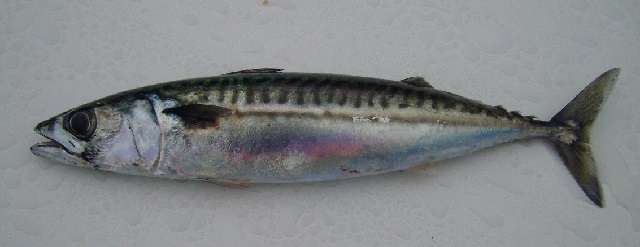
The Atlantic Mackerel can be found in large schools from the Canadian Maritime Provinces to the Virginia Capes. It is found through Canada during the summer and off the Virginia Capes in the winter time. These fish are smaller fish, but they are strong fighters and very fast for their size. Averaging 1 to 3 pounds, these fish will hang out in schools of identical-sized fish.
Cero
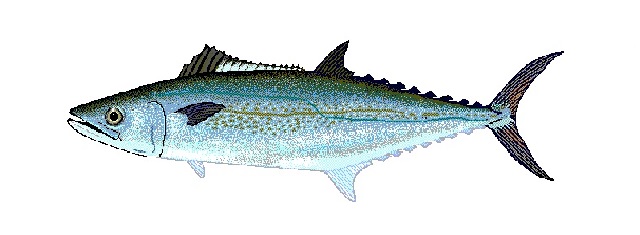
Cero, often called cero mackerel, are found mainly in South Florida nearshore and offshore. You will typically find cero over coral reefs and wrecks feeding on small fish and squid. Unlike other mackerels, these fish do not stray far from south Florida waters.
King Mackerel
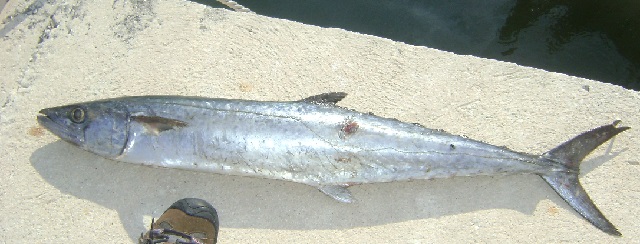
Commonly called kingfish, the king mackerel can weigh up to 100 pounds, but most fish weigh between 5 to 35 pounds. They are strong, fast and known for making exciting leaps out of the water. Kingfish can be caught inshore or offshore.
Learn More About King Mackerel
Spanish Mackerel

Spanish mackerel are fairly small. Most fish that are caught by anglers will be in the 2 to 3 pound range. These fish travel in schools and they feed on small fish and shrimp.
Learn More About Spanish Mackerel



